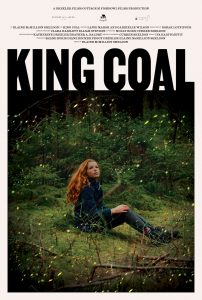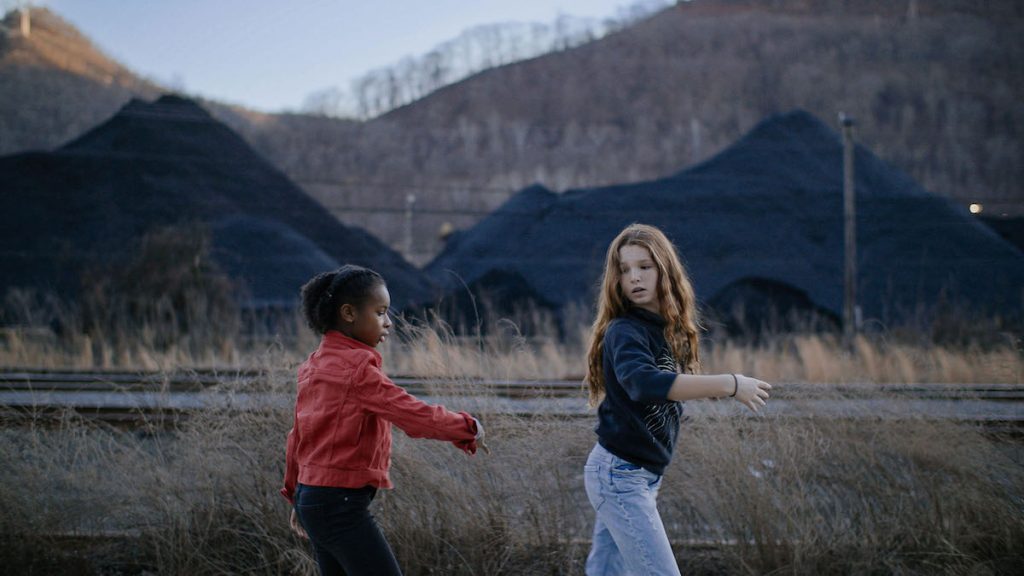Culture
A year after it’s debut at Sundance, ‘King Coal’ brings a ‘truth that is lesser seen but more felt’ about coal culture to the Athena Cinema Feb. 8
By: Emily Votaw
Posted on:
ATHENS, Ohio (WOUB) – Award-winning filmmaker and native West Virginian Elaine McMillion Sheldon embarks on a tender, cinematic journey straight into the beating heart of Appalachian coal culture in her latest documentary, King Coal.
The film, which debuted at the Sundance Film Festival last year, deals with particularly complex subject matter, even for Sheldon, whose past works (such as Heroin(e) and Recovery Boys) have never shied away from complexity.
Sheldon says the “boots on the ground” approach she took to great effect in those previous works just didn’t fully express what she felt this highly personal film needed to.
Sheldon says she needed to turn to the kinds of storytelling tools found in “[…] things like fables and fairytales and magical realism,” to “infuse the nonfiction with a truth that is lesser seen, but more felt.”

Not just about the “losses of the past”
Documenting the past of coal culture is not the film’s only aim. Sheldon also wants King Coal to create conversation about “hopes for the future.”
It does this by following two pre-teen girls growing up in Appalachia, Lanie Marsh and Gabrielle Wilson, throughout. Sheldon says she wanted them to be “sort of the stand-in for the audience.”
“Where we’re pivoting our eyes towards the future and thinking about what’s next rather than just thinking about the losses of the past,” she said.
“The goal of the film was to really ride that tension out,” Sheldon said. “to consider all the things that have been gained and lost from the past and thinking about the future and what that might look like without providing really overly simplified answers.”

Ohio University Appalachian Studies professor Dr. Tiffany Arnold says King Coal explores “coal as identity.”
“I don’t think […] people really understand how much of a part of identity [coal] is rather than just this energy source,” Arnold said. “And how much we use that to kind of define who we are.”
Arnold and Athena Cinema Director Alex Kamody have chosen to feature King Coal as part of the Athena’s second annual From the Hills and Hollers: Appalachian Film Series programming. This series is designed to foster a deeper understanding and appreciation of the broader region surrounding Athens City within the University and Athens City communities.
“It’s a pretty big deal anytime we see our region represented at Sundance or in the film industry in general,” Kamody said. “Particularly when it’s in a light that’s positive and with a deeper understanding of the culture, because so many of the depictions in the past have been problematic and inaccurate.”
Sheldon will introduce King Coal at the Athena Cinema (20 South Court Street) February 8 at 7 p.m. Admission is free for all films included in the From the Hills and Hollers series.

